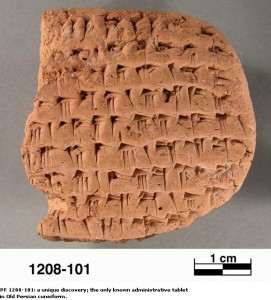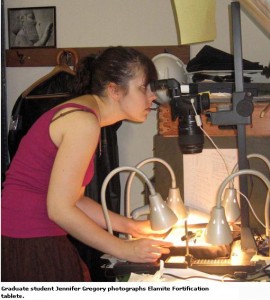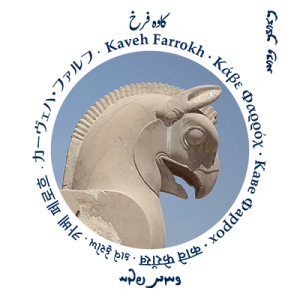The dangers to Iran’s ancient heritage are existent both inside and outside of Iran. A case of the latter can be seen with respect to the recent controversy on Achaemenid era artifacts in western museums today.
The most salient issue as reported in the History news Network is the case of the ruling by U.S. District Court Judge Blanche Manning in the spring of 2006 that citizens who were injured in a 1997 bombing Israel have the right to seize 300 Achaemenid era clay tablets that have been loaned to the University of Chicago.

Achaemenid era tablet. A very large number of these tablets were discovered by the archaeologists of the University of Chicago during their excavations of Persepolis in 1933.
This is perhaps the first time in history where political grievances have been legally mobilized against archaeology and history. This sets a very dangerous legal precedent as it entitles any nationality or ethnic group with political grievances to appropriate historical and archaeological artifacts.
In response to these politicized actions, The Societas Iranologica Europea (SIE) has released a petition to put a halt to the confiscation and sale of thousands of items from Persepolis as well as Achaemenid treasury clay tablets (written in Elamite) that remain on loan to Chicago University’s Oriental Institute.

Jennifer Gregory, graduate student at the University of Chicago’s oriental Institute, examines the Elamite tablets (Payvand News).
History and archaeology have traditionally been held aloof from the turbulent and ever-changing landscape of contemporary politics. The case of the Achaemenid tablets is a clear contest between political grievances and academic integrity.



